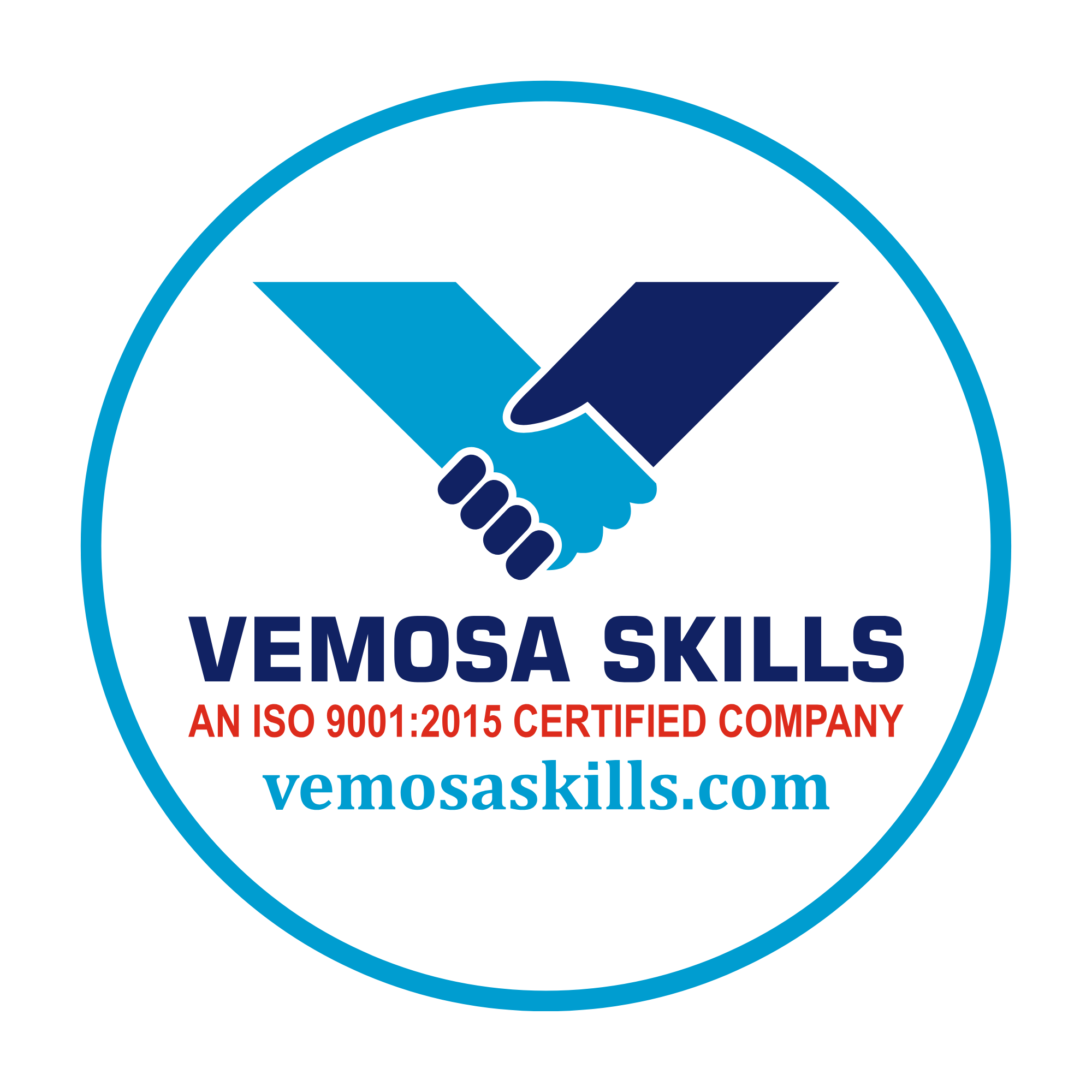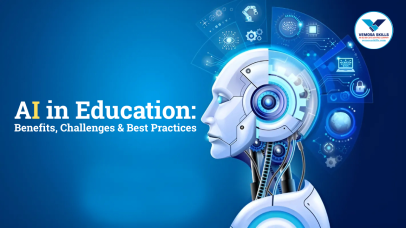Navigating Business Ethics in the Modern World
Introduction
In today's rapidly evolving business landscape, ethics play a crucial role in shaping the reputation and success of organizations. As businesses strive to balance profit with social responsibility, understanding and navigating business ethics has become more important. This blog will explore the significance of business ethics, key challenges, and practical strategies for fostering an ethical workplace.
Section 1: The Importance of Business Ethics
1.1 Building Trust and Reputation
Ethical practices are fundamental in building trust with stakeholders, including customers, employees, investors, and the community. Companies that consistently demonstrate integrity and fairness are more likely to gain and retain loyal customers, attract top talent, and enjoy long-term success.
1.2 Enhancing Employee Morale and Productivity
An ethical workplace fosters a positive environment where employees feel valued and respected. Employees who believe their organization operates with honesty and fairness are more motivated, productive, and committed to the company's goals.
1.3 Legal and Regulatory Compliance
Adhering to ethical standards helps businesses comply with laws and regulations, reducing the risk of legal issues and financial penalties. Ethical behaviour ensures that companies avoid scandals and maintain their operating licenses.
Section 2: Key Ethical Challenges in Business
2.1 Conflicts of Interest
Conflicts of interest arise when personal interests clash with professional duties. Businesses must establish clear policies to manage and mitigate such conflicts to maintain transparency and fairness.
2.2 Data Privacy and Security
In the digital age, protecting customer data is paramount. Businesses must implement robust security measures and ethical guidelines to handle sensitive information responsibly, ensuring privacy and trust.
2.3 Corporate Social Responsibility (CSR)
Balancing profit with social responsibility is a challenge many businesses face. Companies are expected to contribute positively to society through sustainable practices, community engagement, and ethical sourcing.
2.4 Fair Labor Practices
Ensuring fair wages, safe working conditions, and non-discriminatory practices are essential aspects of business ethics. Companies must prioritize the well-being of their employees and uphold labor rights.
Section 3: Strategies for Fostering an Ethical Workplace
3.1 Establishing a Code of Ethics
Develop a comprehensive code of ethics that outlines the company's values, principles, and expectations. This document should serve as a guide for employees to navigate ethical dilemmas and make informed decisions.
3.2 Training and Awareness Programs
Regularly conduct training sessions and workshops to educate employees about ethical practices, company policies, and relevant laws. Encourage open discussions and provide resources for employees to seek guidance.
3.3 Leadership by Example
Leaders play a crucial role in shaping the ethical culture of an organization. When executives and managers demonstrate ethical behavior, it sets a standard for the entire company to follow.
3.4 Whistleblower Protection
Create a safe and confidential mechanism for employees to report unethical behavior without fear of retaliation. Protecting whistleblowers encourages accountability and transparency within the organization.
3.5 Monitoring and Accountability
Implement systems to monitor compliance with ethical standards and hold individuals accountable for their actions. Regular audits, performance reviews, and feedback mechanisms can help maintain ethical integrity.
Conclusion
In the modern business world, ethics are not just a legal obligation but a fundamental aspect of sustainable success. By prioritizing ethical practices, businesses can build trust, enhance employee morale, and contribute positively to society. Navigating business ethics requires a proactive approach, clear policies, and a commitment to integrity at all levels of the organization.
By fostering an ethical workplace, businesses can thrive in today's competitive market while making a meaningful impact on the world.





